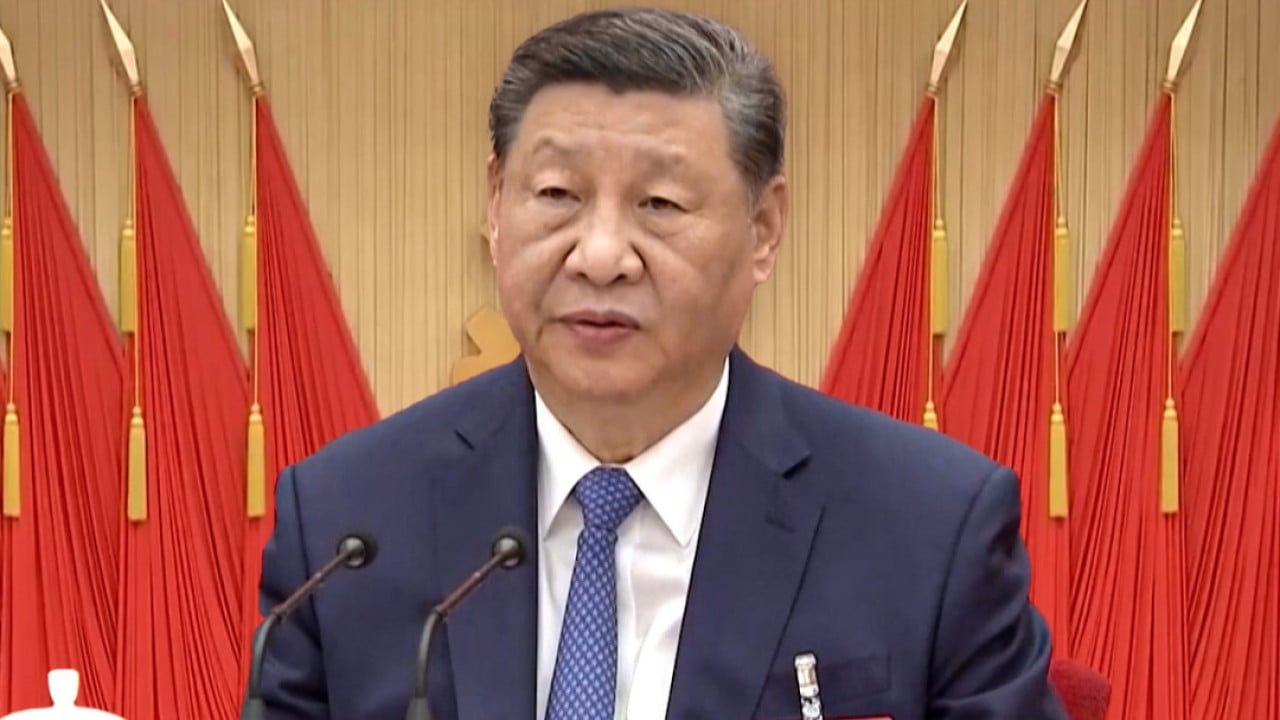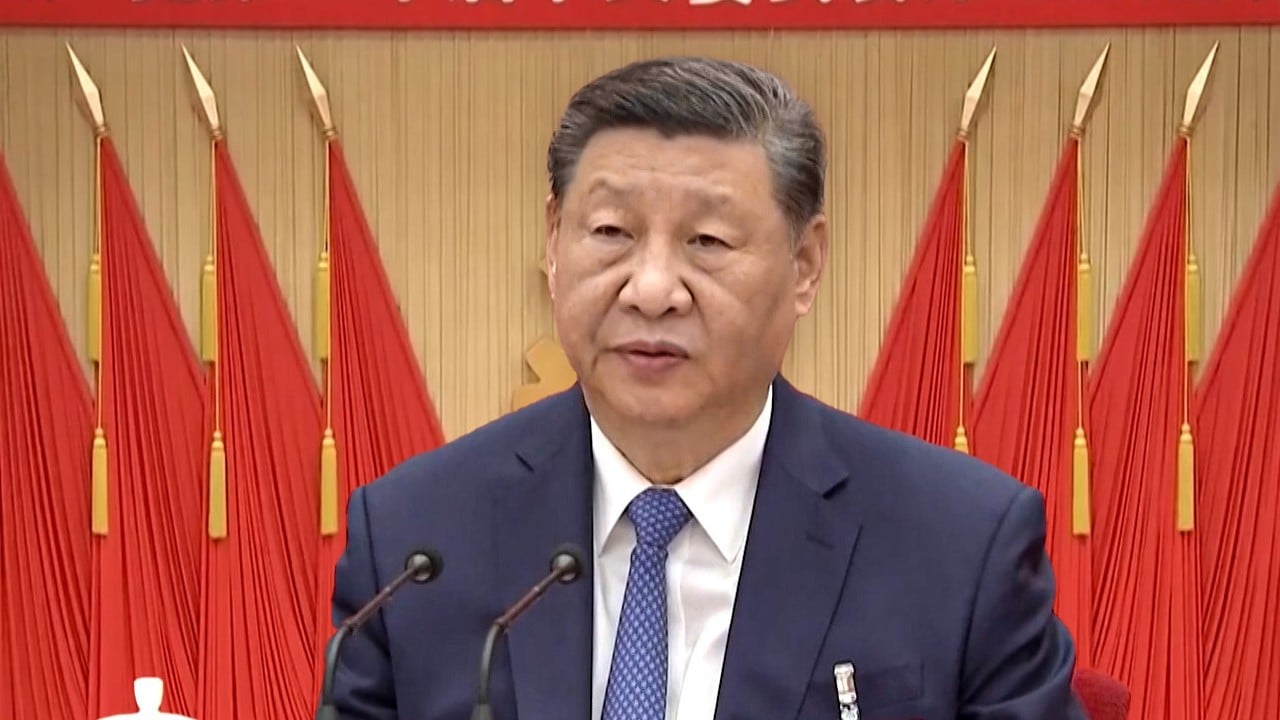In its quest to break out of tightening containment efforts by the United States, Beijing has vowed to give more room and better resources to the private sector to help China achieve technological breakthroughs.
It was one of the measures announced to support the private sector included in the 22,000-word resolution document unveiled on Sunday following the conclusion of the third plenum last week.
“[It is necessary] to support capable private enterprises to take the lead in undertaking major national technological research tasks, and further open up major national scientific research infrastructure to private firms,” said the decisions endorsed by the Communist Party’s 20th Central Committee.
The document also covered a wide range of reform objectives for the next five years in areas including economic development, science and technology, human capital, defence, social security and ideology.
And while the endorsement for the private sector is barely new – similar ones were made in government documents last year or even earlier – the reiteration highlighted the importance Beijing has placed on boosting sentiment among the key sector, while also upholding national security, analysts said.
It seems to focus on how to unite private enterprises to shoulder national strategic tasks
“It seems to focus on how to unite private enterprises to shoulder national strategic tasks,” said Su Yue, principal economist for China at the Economist Intelligence Unit.
“Content about the private sector is not much this year.”
The third plenum also supported the formulation of a law to promote the private economy.
The law had already been introduced into the lawmaking process by the country’s top legislature in February.
“We think China may accelerate its legislation process of the law on promoting the private economy and boost the establishment of a unified and fair national market, which should help underpin investors’ confidence,” said Ning Zhang, senior China economist at UBS Investment Bank.
The third plenum pledged equal and fair market access for all firms, especially in terms of infrastructure construction, and to improve the mechanism for private companies to take part in major national projects.
The top leadership also agreed to facilitate capital support to private companies, while improving the regulatory system on debt settlement for corporate accounts in arrears, as well as administrative inspections involving the private sector.
The private sector is the backbone of China’s economy, contributing 50 per cent of tax revenues, more than 60 per cent of gross domestic product and over 70 per cent of technological innovations.
It also provides more than 80 per cent of urban employment and accounts for over 90 per cent of market entities.
But a bumpy post-Covid economic recovery has continued to weigh on the confidence of private businesses, while US-led containment efforts and a push to divert manufacturing and supply chains away from China has continued.
“The central government definitely wants to stabilise the confidence of the private economy and will definitely introduce policies, but the current international environment is not good,” Su said.
“The two factors may offset each other, so the effect seems to be very limited.”
From Beijing’s perspective, in addition to boosting the confidence of private enterprises, maintaining national security is also a priority, she added.
For the state sector, the plenum vowed support to make it “stronger, better and bigger” and enhance its core functions and competitiveness.
China intends to promote the concentration of state-owned capital in important industries related to national security and the lifeline of the national economy, including public services, emergency response capabilities, public welfare fields and forward-looking strategic emerging industries, according to the full text.
Julian Evans-Pritchard, head of China economics at Capital Economics, said the third plenum suggested Beijing would continue to endorse its use of industrial policies that involve channelling resources to favoured sectors, like hi-tech manufacturing.
A nationally oriented economic policy is problematic for German companies because they could be pushed further to the sidelines as a result
“One reason the leadership appears to be sticking to its guns on industrial policy is that its objectives are not purely economic. National security concerns are increasingly driving policymaking and the third plenum communique suggests that this will likely remain the case going forward,” he said.
The problem, though, is that there is no guarantee that industrial policy would result in resources being allocated more productively, Evans-Pritchard added.
“At the macro level, industrial policy is arguably doing more harm than good, exacerbating demand and supply imbalances, deflationary pressures and financial strains,” he said.
Maximilian Butek, executive director and board member for the German Chamber of Commerce in East China, said the low confidence in the market and hesitant investments in the private sector pose challenges for German companies in China.
“China’s leadership wants more economic growth and knows that there is no way around opening up the markets. However, this opening contradicts the party’s quest for more control. The third plenum did not contribute to resolving this contradiction, but rather exacerbated it,” Butek said.
“A nationally oriented economic policy is problematic for German companies because they could be pushed further to the sidelines as a result.”



